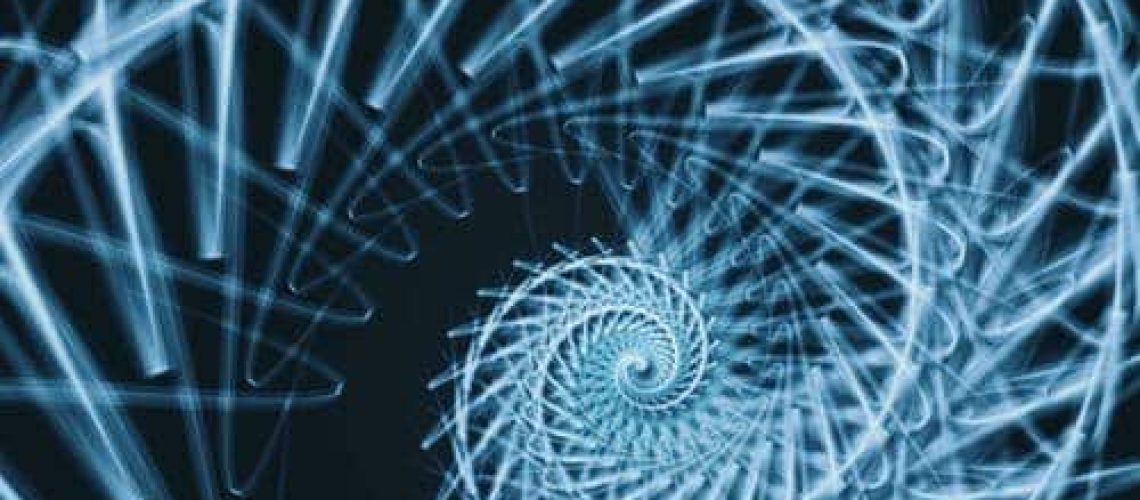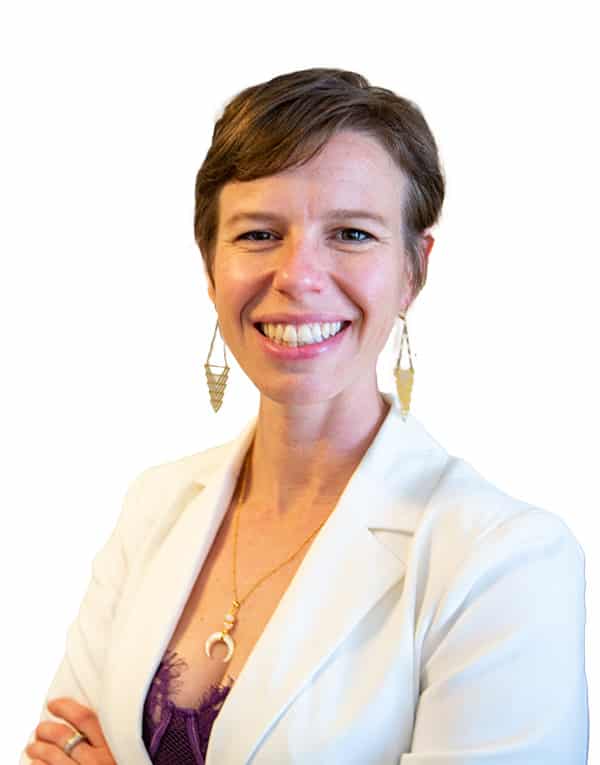“Take off your white lab coats and instead don the white robe of divinity. Bring forth not your test tube, but your cup of water and offer it to the thirsty.”
I’ve been thinking a lot about science and technology lately, which as we all know, is growing exponentially. Although the prospects of growth are exciting, I think as a community we are a little unsettled by it too. We fear that the development of technology is growing faster than our psychospiritual development. We say we don’t have the maturity to handle the tech conveniences.
With our personal development at the center and technology and science encircling us, the increasing gap between the two has us feeling confused, frustrated, and trying to fill in the gaps with whatever we can find. We see science-cited headlines like, “How words change our DNA.” We say, “this study proves auras are real.” We plead, “our glands line up with the chakra centers, read this article and you will see how real chakras are.” Science has become like a god.
Here we are in the middle of the science and technology circle. To catch up, the spiritual community is frantically tossing out hooks to connect us to the seemingly faster-growing circle called science. We believe it is an authority greater than our own knowing. We chase its edges and in the chase, we have forgotten who our teacher is.
Any good teacher knows their job is to meet the student where they are and raise the bar, not hold the bar up and make them chase it. You are the teacher and you are the student and your job is to know where you are and then expand, not chase some outside belief that a person, entity, or thing knows more about the nature of the universe than your own heart.
But then, the desire to use science to justify spirituality is understandable. After any transformational experience, one of the first stages a person goes through is the difficulty of relating to others. The transformation re-birthed you and now you approach old relationships like a new person. It feels like no one could possibly understand. Next, you are usually so excited about your own experience that you want to share it with others. You want other people to know what you know, for it might deliver them too. Enter the fundamentalist stage: the belief that the path you took is the best and only path. You mean well in this stage, but your vision becomes narrow. You want others to know what you know so badly, that you become stuck, obsessed. You stop growing.
We’ve seen this in religion. This is where the spiritual community will be if it forgets who its own teacher is.
The hope is that science will prove our spiritual knowledge to others. If we can somehow anchor in it, more people will believe us; more people will get to know what we know. Motivated by a combination of excitement about our psychospiritual discoveries mixed with the urgent desire to close in the gap between technology and spirit, we want to share what has transformed us. We want to save the earth. The information that catapults us deeper into ourselves and further in evolution is powerful stuff. Why wouldn’t we want to share it with everyone? And why wouldn’t we want to use science to support our work? Science is exciting because it proves something that we already knew to be true, and in that way, it validates us.
The trap here is chasing our validation rather than sitting in our own experience. We have a direct revelation and then we use science and technology to “prove” we are correct. We hope that the reports will somehow convert the masses. In our effort, we use science to explain spirituality rather than spirituality to explain science. And yet, I see the fault lines of this endeavor. When we don’t leave space for the Great Mystery, we lose some of the magic of inner knowing.
Whether you are a coach or deep along the path of personal development, you know that direct experience is more powerful than information alone. The objective is to enrich an individual’s own inner knowing, to create an experience of direct revelation. You help the students move beyond doubt so they no longer need to seek outside influences to validate their own experiences. When we have spiritual experiences and then seek science to justify the experience and its value, we undermine our own authority. I understand the excitement of connecting the dots. I spent much of my youth exploring sacred geometry, quantum physics, and neuroscience. What I’ve learned is our brains have the capacity for so much more and it is time to trust these capacities are ever as valuable as science, logic, and technology.
I don’t mean to shut down science altogether. And I don’t mean to say you should never use science to support your findings. What I do mean to say is to keep track of where you place your authority. We certainly go the other way and give over our power to dogma and customs that are no longer relevant to the way the world operates. Standards from centuries ago are outdated and we must grow our scriptures up to speak to modern-day realities.
So here we are. The ever-growing gap between psychospiritual development and science. We are so used to filling in all the spaces in our lives, that the distance makes us anxious. That’s why we are getting caught up in this game of filling ourselves with information. We think space is bad. We think the more we fill ourselves with, the bigger we get, but what we are actually doing is just adding more “things” to navigate around. Instead of trying to fill up with things to have or to do, instead of trying so hard to connect the dots to prove ourselves, let’s give ourselves space. Sit in your own experience, it is from there you grow.


